It is rare that anything happens in a vacuum. Even more than most things, poverty is intertwined with a number of other issues facing our society. One issue you may not have connected to poverty though is climate change. For one thing, "extremely poor people cannot lift themselves out of poverty without access to reliable energy." This has to be done though without increasing and preferably reducing pollution, and carbon emissions.
This is easier said than done when "achieving universal electricity access by 2030 would result in only a 2% increase in global emissions." This is why the "rhetorical link the UN is making between anti-poverty and anti-climate " is important "it will push the environmental movement to focus its efforts where they should always have been - on wind and solar – and to make sure that the cost of new technology is borne by those who can afford it."
With both poverty and climate change being such major problems they can appear insurmountable, but they can even be tackled together. One of the best ways to reduce poverty is with jobs, and "solar and wind jobs have grown at rates of about 20% annually in recent years, and sustainability now collectively represents four to four and a half million jobs in the U.S., up from 3.4 million in 2011."
With this, we need to focus on how to help green energy businesses. Where to start? Well, currently "a total of $20.5 billion annually in corporate welfare" goes to fossil fuels, "how does this compare to renewable energy subsidies? In terms of permanent tax expenditures, fossil fuels beat renewables by a 7-1 margin."
An investment in renewable energy could both help us create jobs, and reduce carbon emissions. You might be thinking "what about the jobs we'd lose in reducing the fossil fuel? Wouldn't that pretty much just balance this whole thing out?" The thing is, the jobs are in renewables, not fossil fuel.
With all that the answer becomes apparent. We can increase jobs, reduce emissions, and help alleviate poverty and climate change. It's a win-win situation, and all it would take is altering where we send our funds.
If you would like to learn more about it than you can look at the UN's plan, and the World Bank's thoughts on the issue.

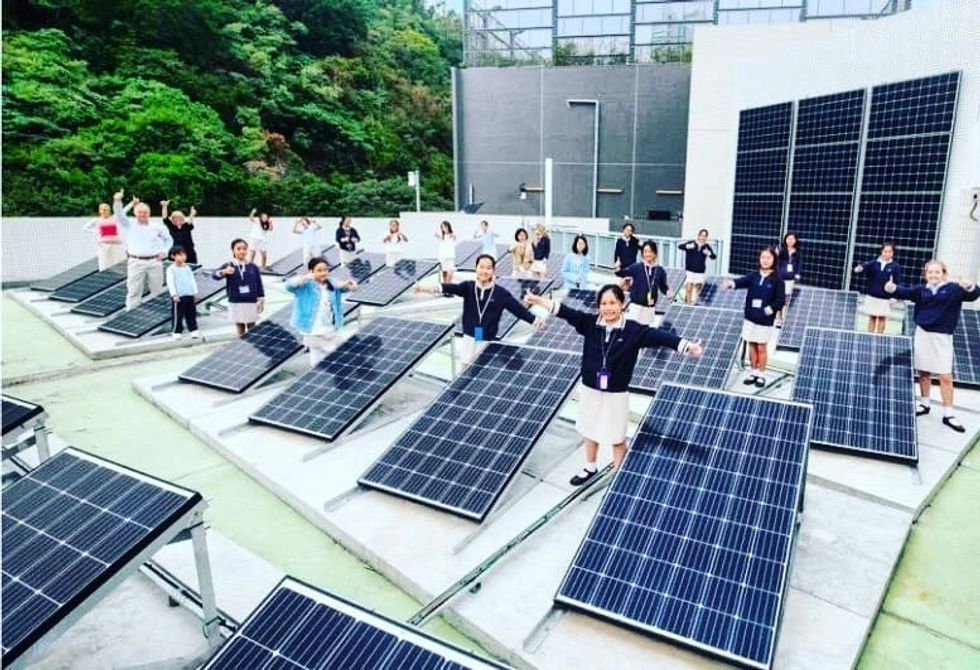



 man running in forestPhoto by
man running in forestPhoto by 


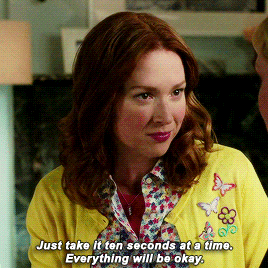


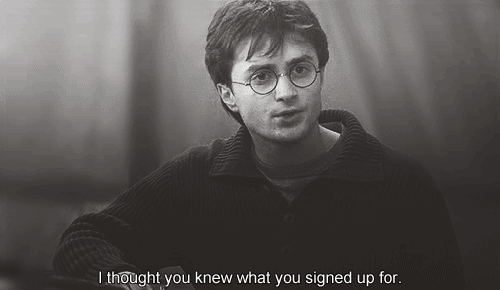 "I thought you knew what you signed up for."
"I thought you knew what you signed up for." man and woman in bathtub
Photo by
man and woman in bathtub
Photo by  four women sitting on black steel bench during daytime
Photo by
four women sitting on black steel bench during daytime
Photo by 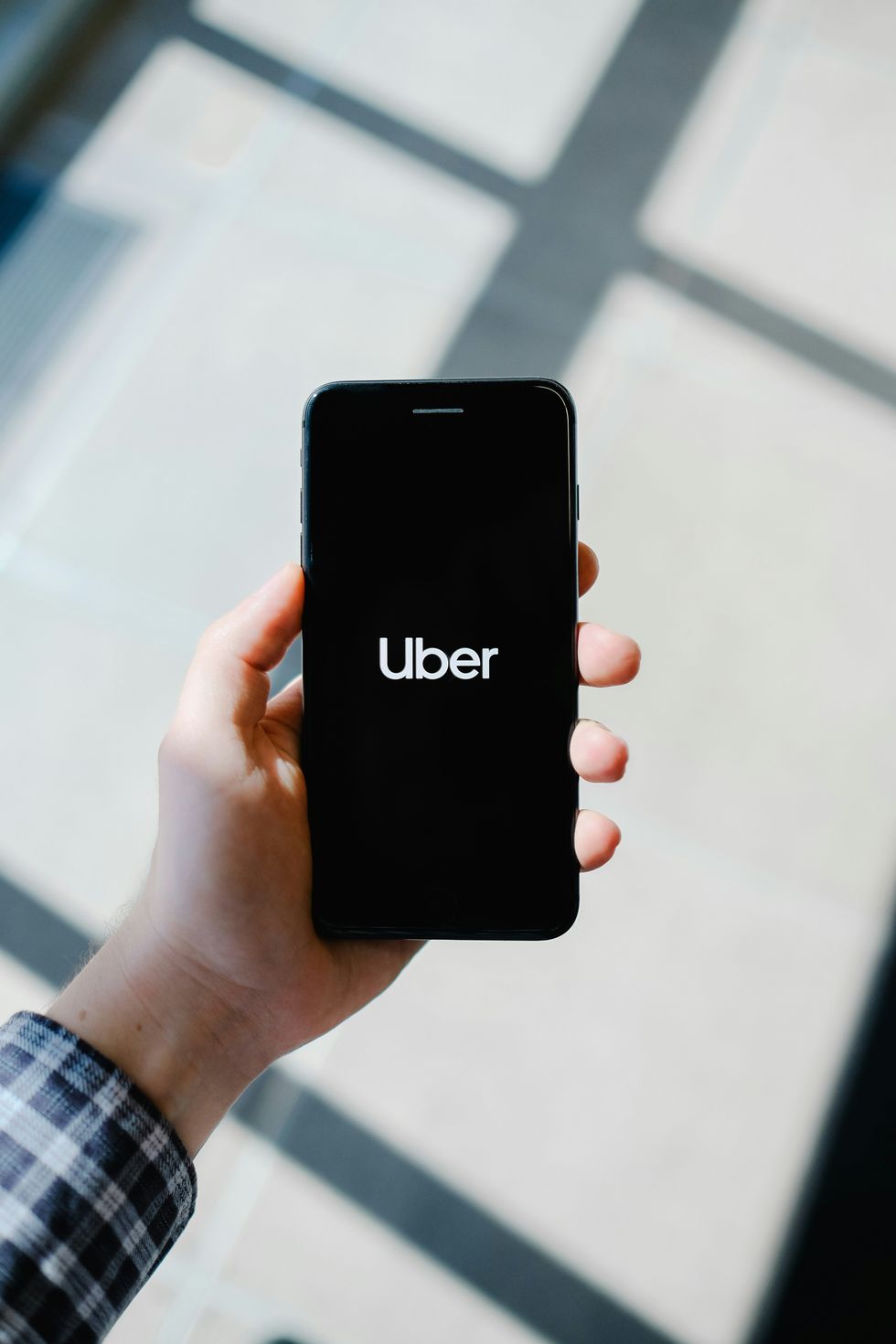 Uber app ready to ride on a smartphone.
Photo by
Uber app ready to ride on a smartphone.
Photo by  woman in red tank top and blue denim shorts standing beside woman in black tank top
Photo by
woman in red tank top and blue denim shorts standing beside woman in black tank top
Photo by 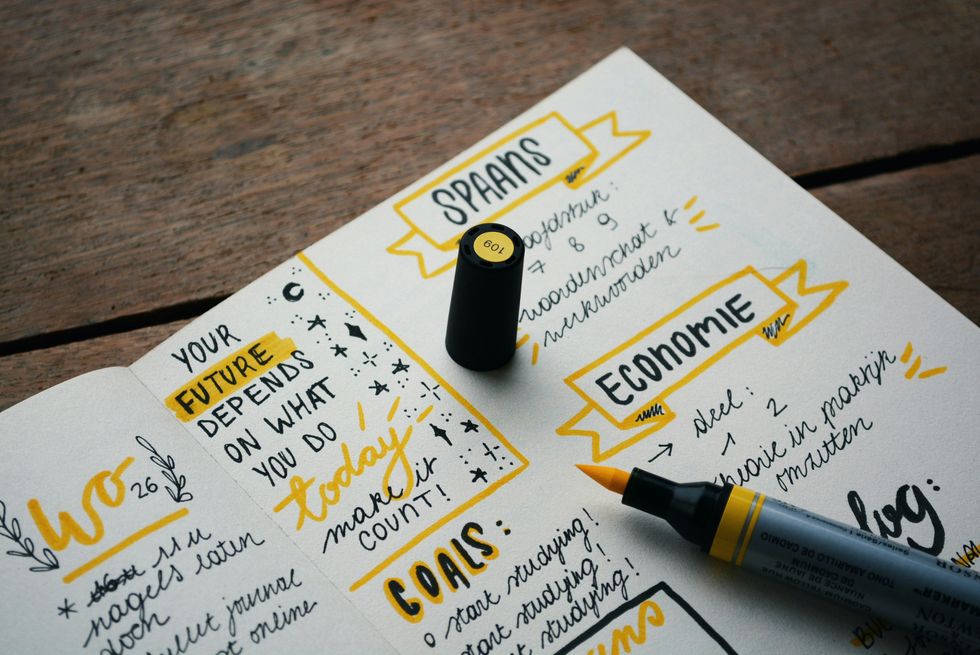 blue marker on white printer paper
Photo by
blue marker on white printer paper
Photo by  welcome signage on focus photography
Photo by
welcome signage on focus photography
Photo by  woman in white and black striped long sleeve shirt lying on bed
Photo by
woman in white and black striped long sleeve shirt lying on bed
Photo by 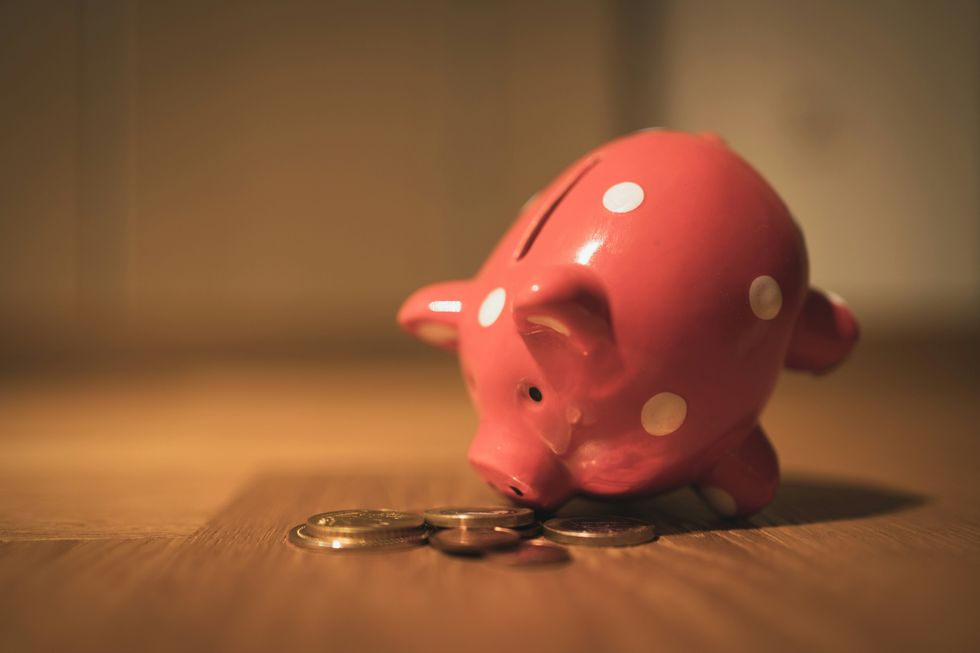 pink pig coin bank on brown wooden table
Photo by
pink pig coin bank on brown wooden table
Photo by  person holding iPhone 6 turned on
Photo by
person holding iPhone 6 turned on
Photo by 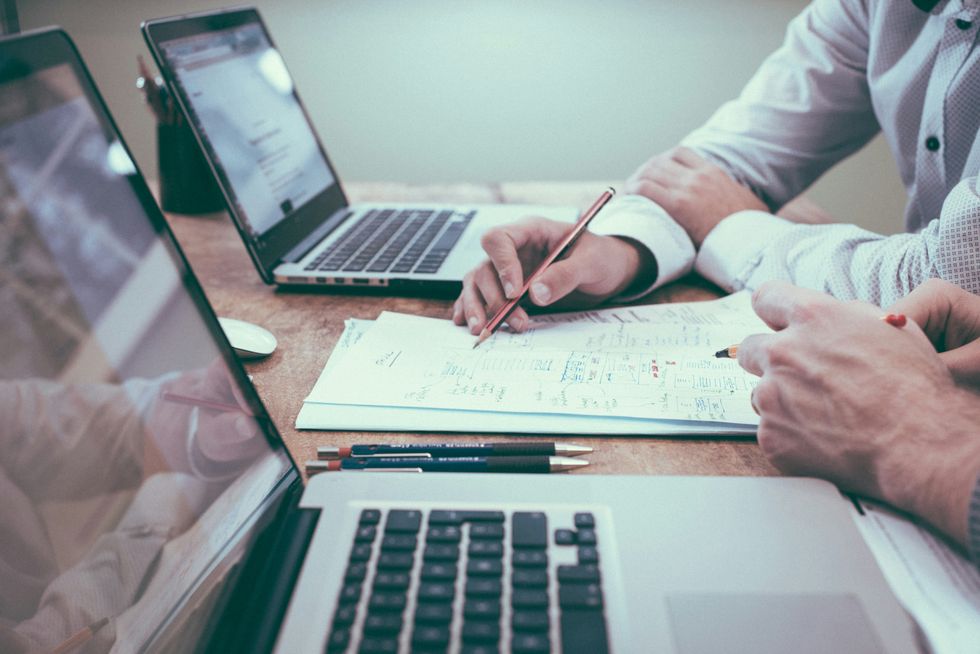 person holding pencil near laptop computer
Photo by
person holding pencil near laptop computer
Photo by  person slicing vegetable
Photo by
person slicing vegetable
Photo by 








